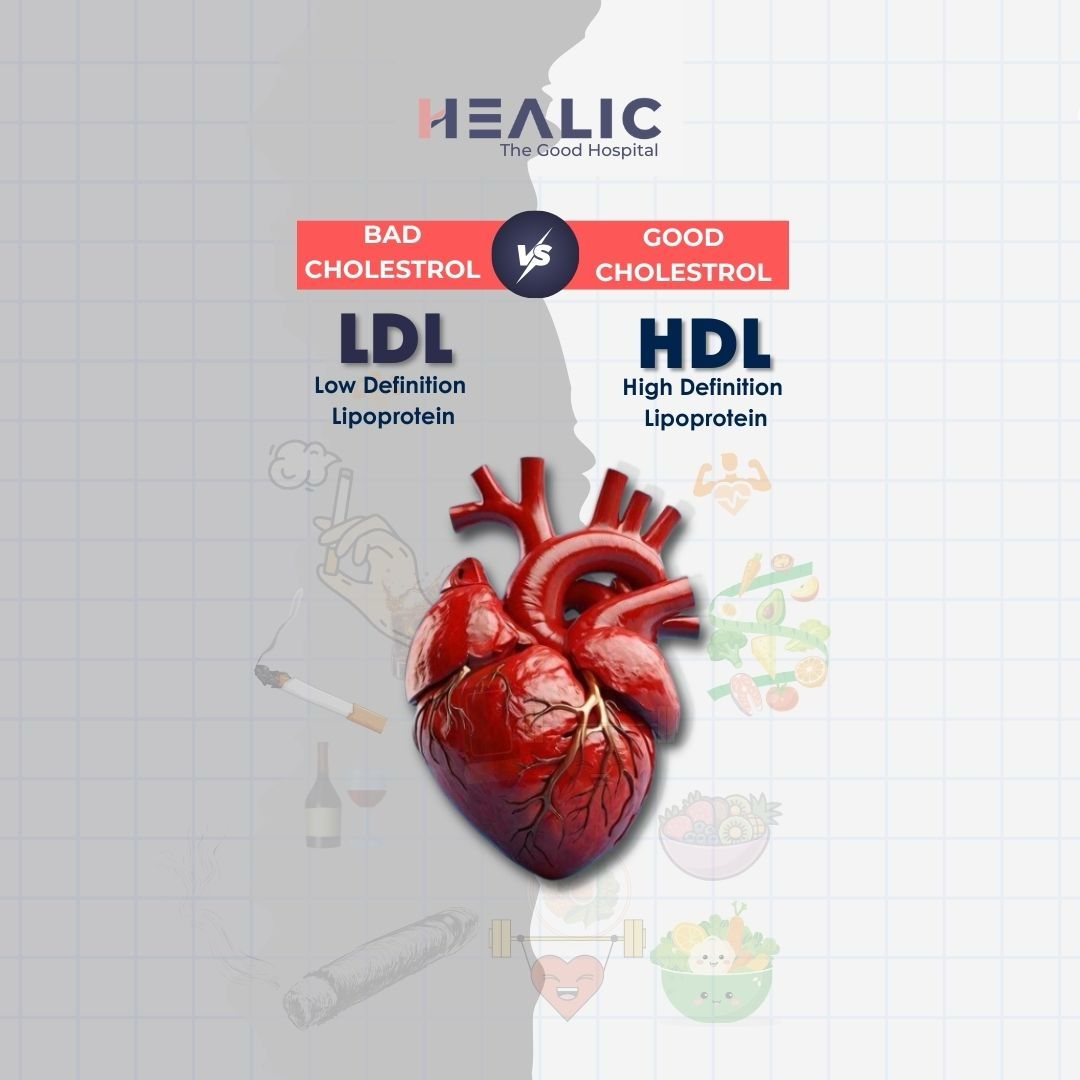Trustworthy. Top-Quality. Affordable Healthcare.

Comprehensive care for women’s health, pregnancy, and childbirth.

Expert treatment for bones, joints, muscles, and injuries.

Advanced surgical solutions for a wide range of health conditions.

Specialized care for ear, nose, and throat disorders.
.webp)
Expert care for all urinary and kidney concerns.

Advanced solutions for back, spine, and joint alignment issues.

Personalized cosmetic and skincare treatments for natural results.

Complete eye care services for vision correction and eye health.
.webp)

.webp)

Pregnancy or Women’s Health Issues?
Expert care and complete preparation for safe delivery!
Book a Consultation!

Real Patient Stories
Choose the Right Healic+ Plan for Your Health Journey
You Get: ₹2000 value
Instant Benefit: ₹200 (11% Extra)
You Get: ₹5000 value
Instant Benefit: ₹650 (15% Extra)
.svg)
You Get: ₹10000 value
Instant Benefit: ₹1500 (17% Extra)
Expert Health Tips You Can Trust
Learn from Healic specialists about smart habits, preventive care, and simple ways to boost your overall health.
Why Us?
With Healic you get Trustworthy Care, Affordable Prices and Parivaar Jaisi Dekhbhal.
6 Hospitals; 4 Under Construction
Patients Served Last Year
Expert Doctors & Surgeons
Expert Care Team

Frequently Asked Questions
Because Healic gives parivaar jaisi dekhbhal with affordable prices and trusted quality in every service.
We partner with NABH-certified labs, trained professionals, and follow strict medical standards for accurate and reliable results
At Healic, we provide complete healthcare services including OPD consultations, surgeries, diagnostic tests, health checkups, medicines, pharmacy support, and home sample collection. Our goal is to offer trusted quality, affordable prices, and parivaar jaisi dekhbhal in every treatment we provide.
We maintain transparent and affordable pricing. Prices may vary slightly based on city and test availability.
Yes, you can order medicines and essential health products with doorstep delivery. However, medicine delivery is available only in locations where Healic has its own pharmacy service.
You can reach us through WhatsApp, phone call, or email. Our support team is always ready to help.
Don’t worry, our expert team will guide you through diagnosis, treatment options, and recovery. Share your question and we’ll respond quickly.
Get Expert Advice
.svg)















































.png)








.webp)







.jpg)

.jpg)

.jpg)

.jpg)

.jpg)







